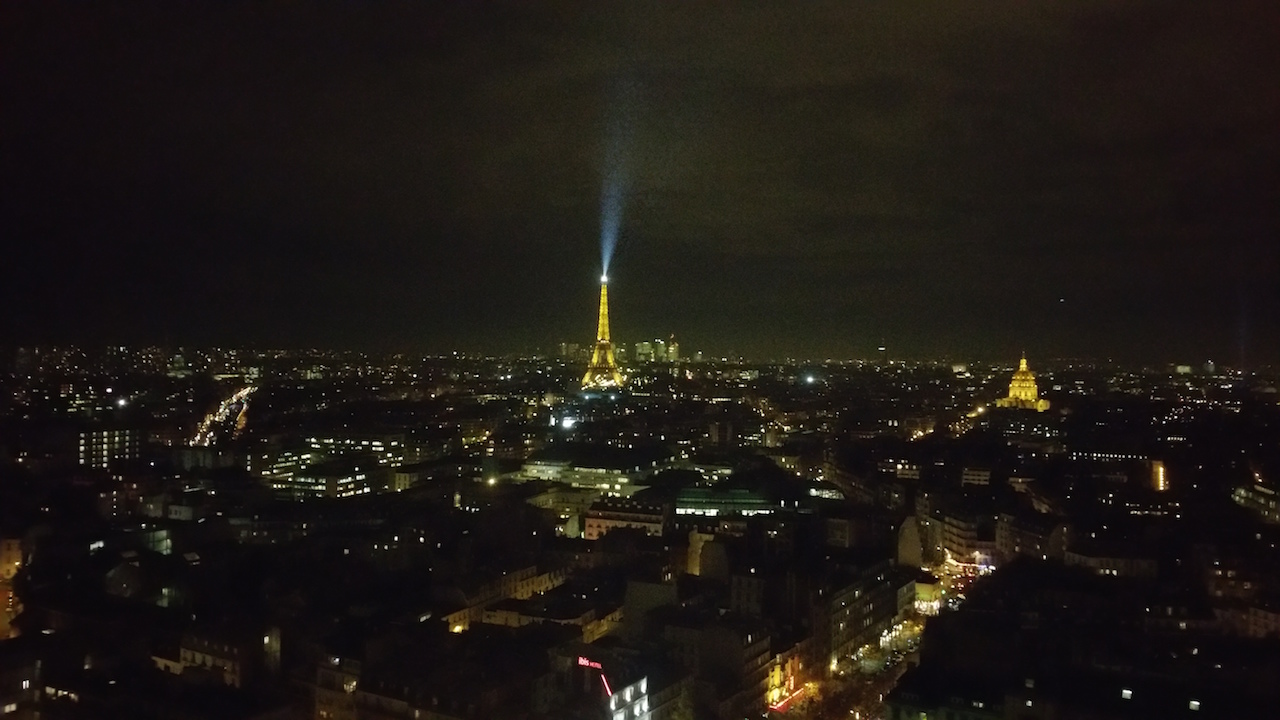I am now into my eighteenth year of Buffy the Vampire Slayer. I started watching this television show right after it was canceled, in 2003, on the recommendation of various trusted friends and colleagues. After seeing all seven seasons, in complete awe of the show’s growing brilliance, I turned around and watched it all again.
Which might seem odd, unless you think of it as a kind of novel. After all, nobody looks at you funny if you reread Pride and Prejudice. Or they shouldn’t, anyway.
The multi-year character arcs, the highly layered approach to mixing comedy, drama and romance, the way the highly witty dialog reflected serious themes in the ever-evolving relationships, these were all new to American television at the time. Nobody had ever attempted anything like it.
Now I am watching the series for a third time. This evening I just watched Hush, the only episode in the entire series that actually belongs in the horror genre (while also belonging firmly in the genres of comedy and romance).
After watching this episode, I am in a state of complete delight. How could Joss Whedon, or anyone for that matter, possess the combination of talent and sheer chutzpah needed to write and direct such a television episode?
I guess fortune favors the brave.
